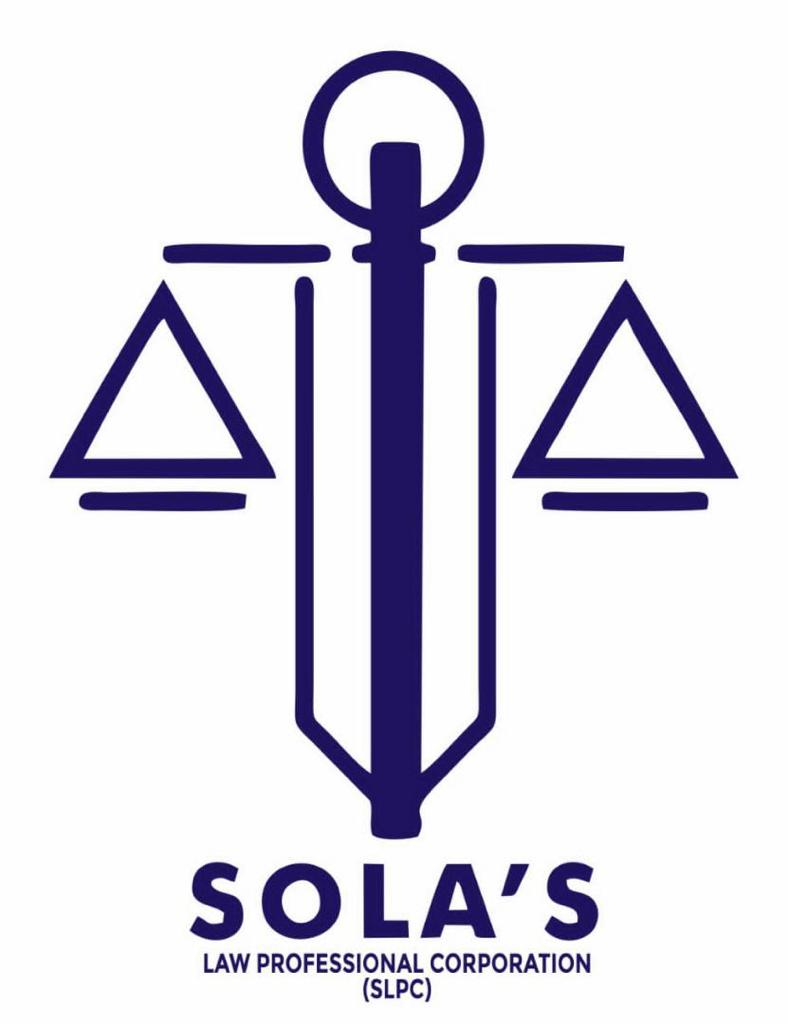Most people are in a conundrum when it comes to starting a business. There is always that question in the air on whether to register a business as a Sole Proprietor or to create a Limited Liability Company.

Both options have their advantages and disadvantages, especially when taxation and succession is given proper consideration. Kindly find below the distinctions between the 2 forms of registration.
- SOLE PROPRIETORSHIP
This is the most basic form of business and can be used in a wide range of circumstances. It requires little legal formalities and is inexpensive to set up. The critical point in registering this form of business is that all benefits flowing from the business such as income and assets accrue exclusively to the sole proprietor and correspondingly, all obligations including losses and contractual and tortious liabilities associated with it are also the responsibility of the sole proprietor.
Tax:
The Federal Income Tax Act requires individuals with business income to report such income on a calendar year basis and this applies to sole proprietors.
Registration:
Kindly contact us if you require this form of registration.
PROS:
Low start-up costs
Highest freedom from regulation
Owner in direct control of decision making.
Little working capital required.
Tax advantages to owner.
All profits to owner.
CONS:
Unlimited liability.
Lack of continuity in business organization in absence of owner.
Difficulty in raising capital.
No name protection.
- LIMITED LIABILITY COMPANY (CORPORATIONS)
This is the most common form of business organization. A corporation is a legal entity separate in Law from its owners (shareholders) and can own property, carry on business, possess rights, and incur liabilities.
When a company is incorporated, it acquires all the powers of an individual, an independent existence – separate and distinct from its shareholders, and an unlimited life expectancy.
In other words, the act of Incorporation gives life to a legal entity known as the corporation, commonly referred to as a company. A company can acquire assets, go into debt, enter contracts, sue, or be sued. Ownership interests in a corporation are usually easily changed. Shares may be transferred without affecting the corporation’s existence or continued operation.
Please note that if a shareholder in his personal capacity guarantees the obligation of the company, that shareholder will lose their limited liability.
The following characteristics distinguish a corporation from a sole proprietorship:
- Limited Liability:
No member can be held personally liable for the debts, obligations or acts of the corporation beyond the amount of share capital the members has subscribed. Each shareholder has limited liability. A creditor with a claim against the assets of the company would normally have no rights against its shareholders, although in certain circumstances shareholders may be held liable.
- Perpetual Succession:
The corporation is a separate legal entity, its existence does not depend on the continued membership of any of its members.
Tax:
The Corporation is subject to tax separate from that of its owners. A corporation’s net income is subject to tax each year.
Kindly contact us for further enquiries.
PROS:
Limited liability.
Possible tax advantage (if you qualify for a small business tax rate).
Specialized management.
Ownership is transferable.
Continuous existence.
Separate legal entity.
Easier to raise capital.
Name protection.
CONS:
Tightly regulated.
Most costly form of business to organize.
Charter restrictions.
Extensive record keeping necessary.
Potential double taxation of profits.
Shareholders (directors) may be held legally responsible in certain circumstances.
Personal guarantees undermine limited liability advantages.
Kindly contact us for further clarifications and always seek legal advice before embarking on any form of registrations.
Thank you.
